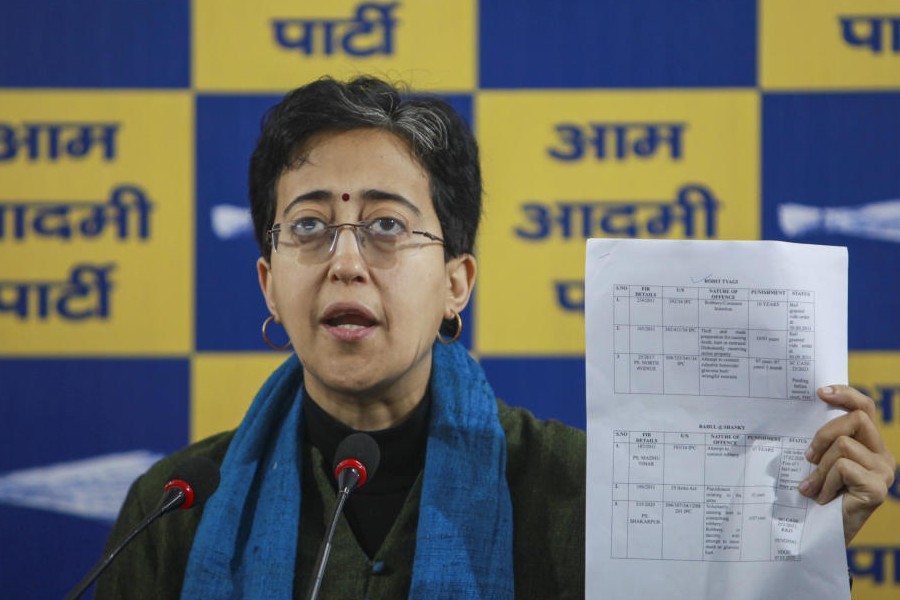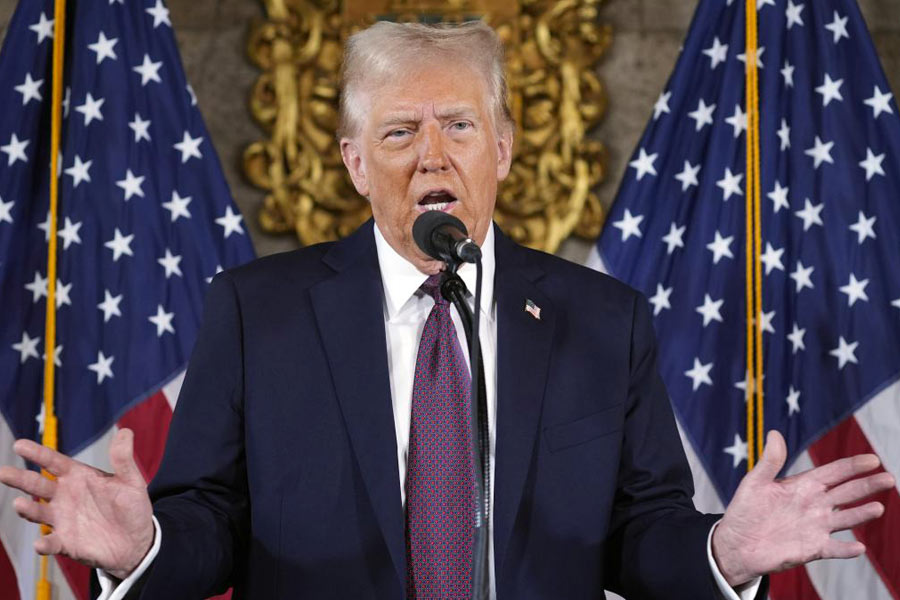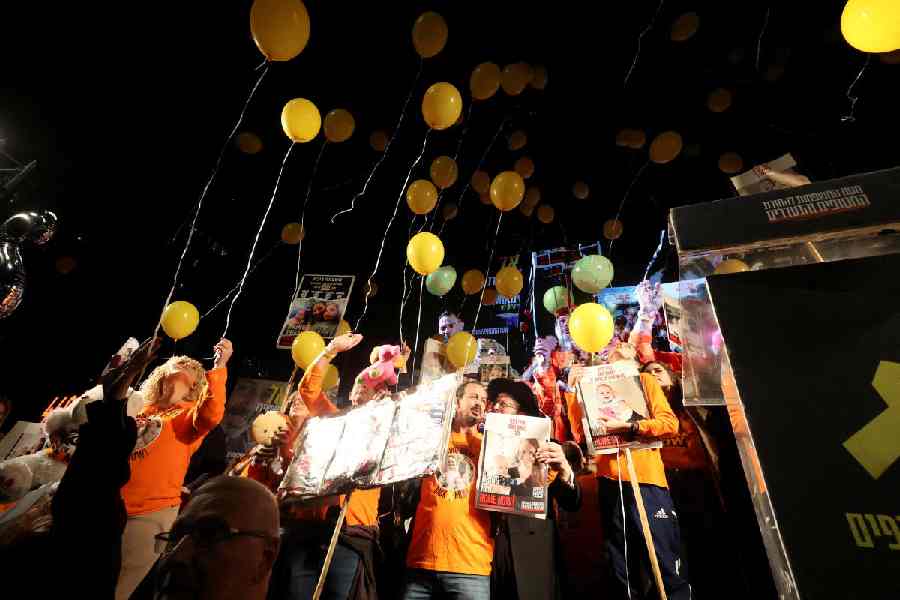Sir — As the whole country changed in the wake of the Covid-19 pandemic, the Indian judiciary cannot be an exception. The pandemic-induced lockdown has led to the closure of courts of law for ordinary matters. But the administration of justice is an essential public service that cannot be ‘locked down’. Rather, during a crisis, access to the courts becomes even more critical to prevent executive overreach.
The pandemic has also adversely affected the appointment of high court judges with about 100 recommendations pending either with the government or Supreme Court collegiums. This has hit the rate of case disposal and judges’ appointment. Alarmingly the case pendency in high courts has gone up to 52 lakh from 46 lakh since the lockdown was imposed. Given this context, the Supreme Court rightly issued guidelines to conduct virtual hearings with the aim of ensuring access to justice for everyone during the lockdown. But the refusal of many Bar associations and the lack of adequate technology infrastructure in court premises have aggravated the situation and made it difficult for the judiciary to migrate to virtual courts. Hearteningly, high courts and subordinate courts have started virtual courts as pilot projects.
An assessment by the Union law ministry shows that during the period between March 24 and July 15, district and subordinate courts alone held 12 lakh hearings online. High courts and the Supreme Court, too, have conducted successful virtual hearings. Even though these steps are meant to temporarily tide over the Covid-19 crisis, they are, in all probability, here to stay, as the Chief Justice of India observed. Going ahead, perhaps the Indian judiciary needs a systematic change to try and introduce technological changes, including the digitization of old cases and keeping digital track of new cases so that future crises do not put a halt to the process of justice.
Khokan Das,
Calcutta
Sir — One wonders if the digitization of the judiciary will lead to similar consequences as those caused by the push towards online education. Thousands of people who do not have access to the internet or do not understand how to navigate it will be deprived of justice. In a country where judicial dates come around once in a lifetime, this can mean the complete denial of justice for large segments of the population. One hopes that the judiciary takes this into account.
Souparna Ghosh,
Calcutta
Distant vision
Sir — The Hubble Space Telescope recently caught the fading of a supernova that was located 70 million light-years away. That the telescope — which is soon to be replaced with a more modern and advanced version — is still capturing and sending back such useful information and stunning images is a testament to its power. For years, Hubble has provided us with a better understanding of how the universe as we know it came into existence.
Rima Roy,
Calcutta











